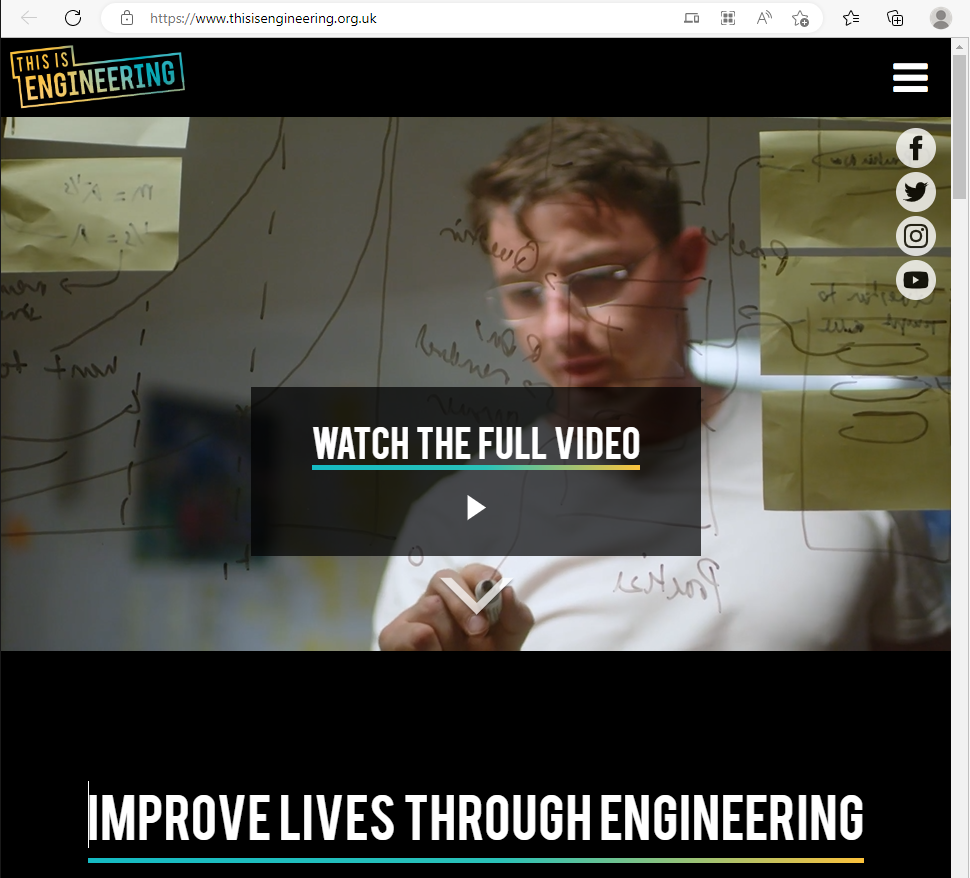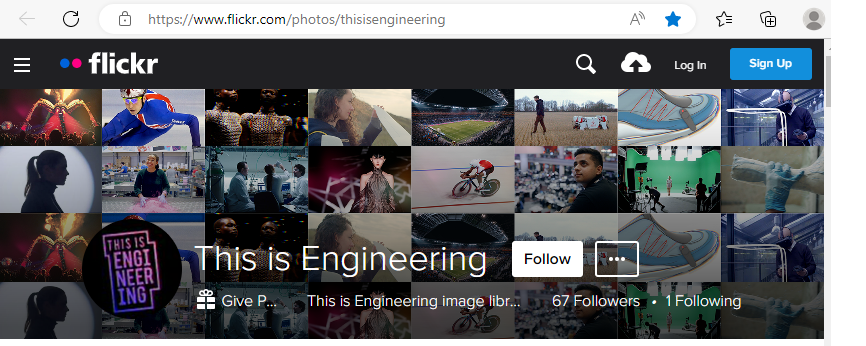We have many groups contacting us at the moment, and we always ask them to make an effort to find their own engineer to help them before we look for one on their behalf. They often then ask us what sort of person counts. Ask most people and they’ll assume they wear a hard hat, spend a lot of time in dirty environments, and typically work with cars or trains. All of these things are true for some engineers, but they aren’t characteristic!
Engineer: “a person specially trained to design and build machines, structures, and other things, including bridges, roads, vehicles, and buildings”
Cambridge Dictionary
The trainining always involves being able to reason about how to solve problems using science. “Other things” is an incredibly important part of the definition – the world is changing fast, and the kinds of things engineers do gets wider all the time. For a real sense of just how wide that is, see the “This is Engineering” website.

- This is Engineering – website from the Royal Academy of Engineering
We also are often asked whether our volunteer engineers need a background in building services. They do not. We have all kinds of engineers – civil, mechanical, structural, electrical, software, automotive, and many more. Any engineer will be highly numerate and trained in a way that makes them able to understand the material the programme covers and document what the group finds. They will also be very used to thinking about risks, time, and budgets – planning skills that community groups often struggle to source. We think all community groups should look for these skills when they are planning big works, and hope that by introducing some groups to engineering, we can help make that happen. There are some engineers so keen they are doing extra work to pin down more of the planning, and we will support that where we can, but that’s all handled case-by-case.
Our programme is not intended to replace professional consultancy. Instead, it prepares groups to engage professionals better than they might do without it. Community groups often go to the wrong people or give professionals the wrong brief and so little information that the professionals can’t get very far with the time they have. We do have some professional building services engineers volunteer with us, but even they will not be offering consultancy as part of the programme. In fact, what they like about their volunteering is that it gives them a completely different way of interacting with “clients” than usual and results in a fresh perspective on client problems.
